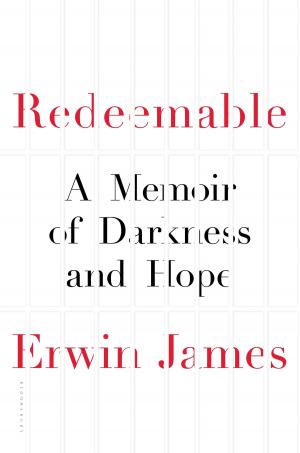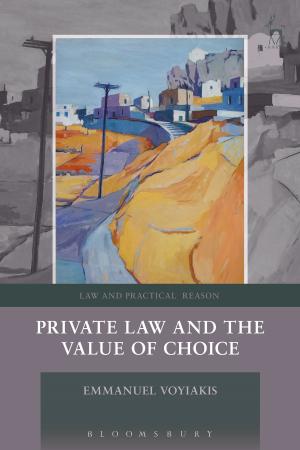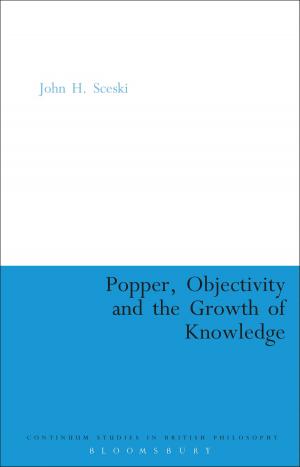'And He Will Take Your Daughters...'
Woman Story and the Ethical Evaluation of Monarchy in the David Narrative
Nonfiction, Religion & Spirituality, Bible & Bible Studies, Study, Old Testament, Criticism & Interpretation| Author: | Dr April D. Westbrook | ISBN: | 9780567662668 |
| Publisher: | Bloomsbury Publishing | Publication: | April 23, 2015 |
| Imprint: | T&T Clark | Language: | English |
| Author: | Dr April D. Westbrook |
| ISBN: | 9780567662668 |
| Publisher: | Bloomsbury Publishing |
| Publication: | April 23, 2015 |
| Imprint: | T&T Clark |
| Language: | English |
April Westbrook explores the intentional inclusion of woman stories (those displaying significant female presence) within the David narrative in the books of Samuel. These stories are made prominent by the surprisingly high number of their occurrences as well as the sequentially progressive literary pattern in which they occur in the larger narrative. Westbrook shows that the dramatic and detailed accounts within the story repeatedly challenge the reader to consider the experiences of women and their contribution to the purpose of the larger narrative. When viewed collectively, these woman stories serve to stir the reader's responses in ways which systematically call into question the nature of the monarchy itself as a power system-both its impact upon the nation and upon the kings who rule.
Although King David is often held up as a paragon of virtue, the experiences of the women in his life frequently reveal a different side of his character, and the reader must wrestle with the resultant ambiguity. In the process, the reader must also think deeply about the inevitably negative aspects of hierarchical social structures and why this biblical text is apparently designed to press the reader toward unavoidable and uncomfortable personal confrontation with these realities concerning the use of power within community life.
April Westbrook explores the intentional inclusion of woman stories (those displaying significant female presence) within the David narrative in the books of Samuel. These stories are made prominent by the surprisingly high number of their occurrences as well as the sequentially progressive literary pattern in which they occur in the larger narrative. Westbrook shows that the dramatic and detailed accounts within the story repeatedly challenge the reader to consider the experiences of women and their contribution to the purpose of the larger narrative. When viewed collectively, these woman stories serve to stir the reader's responses in ways which systematically call into question the nature of the monarchy itself as a power system-both its impact upon the nation and upon the kings who rule.
Although King David is often held up as a paragon of virtue, the experiences of the women in his life frequently reveal a different side of his character, and the reader must wrestle with the resultant ambiguity. In the process, the reader must also think deeply about the inevitably negative aspects of hierarchical social structures and why this biblical text is apparently designed to press the reader toward unavoidable and uncomfortable personal confrontation with these realities concerning the use of power within community life.















